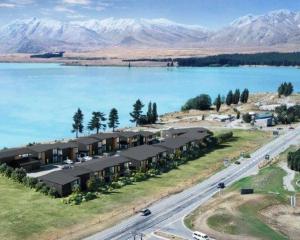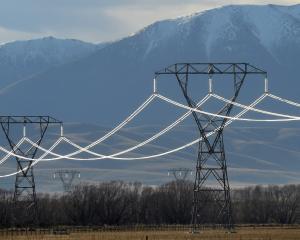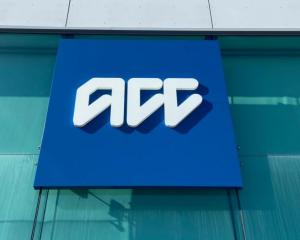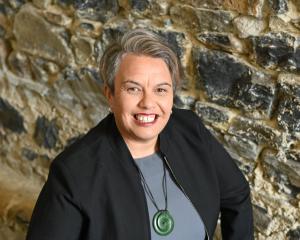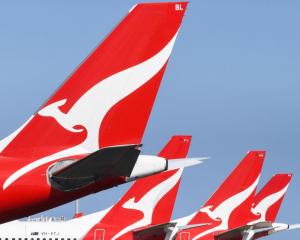Sky Network Television needs to urgently reinvent itself now the company and Vodafone NZ have withdrawn their appeal against the Commerce Commission's rejection of their merger plan.
Brokers at both Craigs Investment Partners and Forsyth Barr say it is time for Sky chief executive John Fellet to roll out his ``plan B'', which he previously indicated was available to the company.
Sky shares reached an eight-year low yesterday at $3.25 after the announcement.
Craigs broker Peter McIntyre said the size of the $3.44 billion merger caused the Commerce Commission some concerns.
The combined group would substantially lessen competition. The decision to reject the merger came down to three main concerns: competition; the ability for customers to switch providers; and sporting contracts - the main sticking point.
``The media landscape is changing so quickly. A decision made today can be out of date in 12 months' time.
``John Fellet has always said he had Plan A, Plan B and Plan C. He needs to be now moving to Plan B.''
It was likely Sky and Vodafone would continue to work together, just as Spark did with Lightbox and Spotify, Mr McIntyre said.
Sport was Sky's main competitive edge but the cost of providing the service to subscribers was rising.
Sky and Vodafone had already reached agreement about the streaming of some rugby games and deals like that were likely to continue.
``Sky has to become more flexible about who is available to watch, where they can watch and when. The landscape is changing so quickly.''
Forsyth Barr broker Suzanne Kinnaird said some, but not all, of the benefits to both Sky and Vodafone could be delivered through a commercial relationship rather than a merger.
The benefits for Sky would be getting access to Vodafone Group technology, having access to local infrastructure for delivering on-demand services and having access to mobile services.
The challenges would be around both the commercial terms and the willingness of the two parties to increase their reliance upon each other, she said,
Sky would also need to make a serious decision about providing exclusive services for specific customers, such as curated mobile services, as seen in other countries.
``While exclusive rights would reduce the potential audience, they would also be more valuable to the other party. This would be a step away from Sky's current strategy of wholesaling its services to all.''
Commercial terms, particularly around content services, could be the stumbling block, Ms Kinnaird said.
The gains for a mobile service would relate to both increased data usage and, arguably, customer acquisition and churn.
However, the incentive remained for Vodafone to strengthen its commercial relationship with Sky, given Spark's recent signing of an exclusive arrangement with Netflix, in addition to its own Lightbox service.
The question now was whether Vodafone's strengthened bargaining position with Sky, as its major reseller, would force Sky to move on some of its commercial wholesale terms, she said.
Sky no longer provided a wholesale split of its customer base - the last breakdown was in December 2014. Given the trends in Sky's satellite base, the wholesale number was likely to continue to be about 120,000 subscribers. Those were all through Vodafone and represented about $97 million in wholesale revenue for Sky each year.
One risk for Sky was Vodafone using its leverage from any growing reliance by Sky to renegotiate the terms of its wholesale service at the same time, Ms Kinnaird said.

